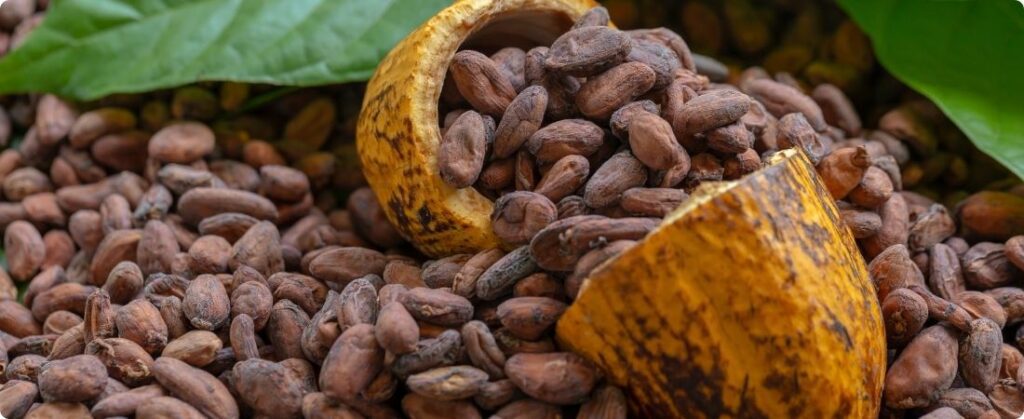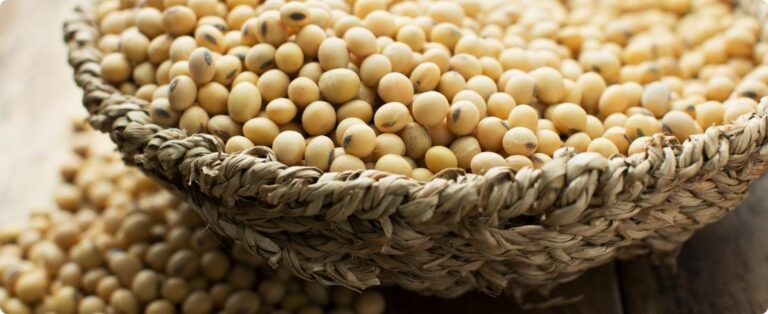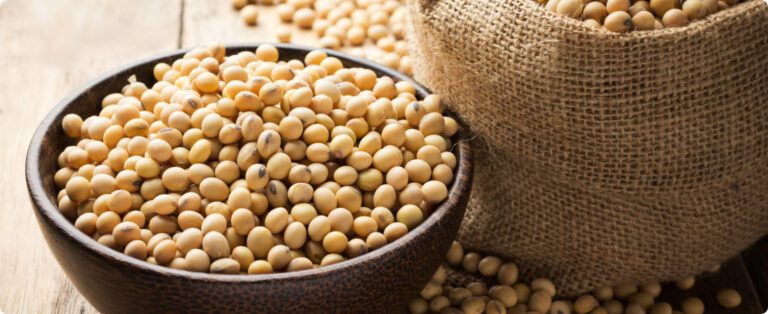
Celebrated on March 26, the cocoa Cocoa beans are one of the most iconic products in Brazilian agriculture. They are essential for the production of chocolates and derivatives, especially as Easter approaches. In 2023, Brazil produced more than 179.4 thousand tons of the fruit. The states of Pará and Bahia stood out in this production, according to the National Union of Federal Agricultural Auditors (Anffa Sindical). In addition to domestic production, the country also imports cocoa beans, mainly from Ghana and Ivory Coast, through the port of Ilhéus (BA).
The crop faces phytosanitary challenges, such as fungal diseases that compromise productivity. Among the most worrying are brown rot, witches' broom and moniliasis, which together cause global losses of up to 30% in production. Since moniliasis was reported in Acre in 2021, the responsible agencies have intensified inspections to prevent the spread of the pest to other producing regions.
Inspection protects cocoa and prevents losses
“This could be the main limiting factor for cocoa production. This is exactly what happened in Costa Rica in 1978 and in Peru in 1988. Therefore, it is essential that federal agricultural inspectors act rigorously. After all, they are responsible for phytosanitary surveys to detect Cocoa Moniliasis in cocoa-producing regions,” explains Antonio Zózimo de Matos Costa, head of the Regional Agricultural Technical Unit in Itabuna (BA).
Furthermore, cocoa is not only important as a base for chocolate. It has a variety of uses: the pharmaceutical and cosmetic industries use its butter; manufacturers use the pulp to produce jellies, liqueurs and juices; and even the shell is used in animal feed. Additionally, the fruit provides health benefits, with antioxidant and cardioprotective properties. The seeds are also used in different applications.
Therefore, the work of agricultural auditors is essential to protect national production. Consequently, this ensures that cocoa and its derivatives reach consumers with quality and safety. In addition to preventing economic impacts, sanitary control strengthens Brazil's competitiveness in the global market, according to the president of Anffa Sindical, Janus Pablo Macedo.
Source: Leonardo Gottems | agrolink















